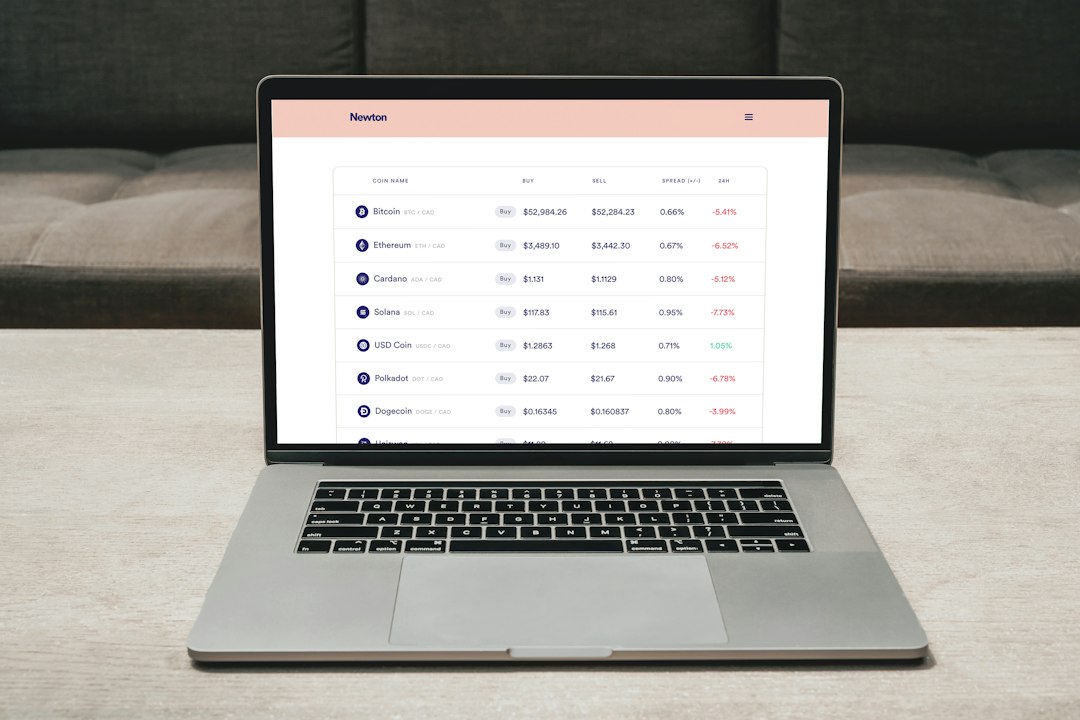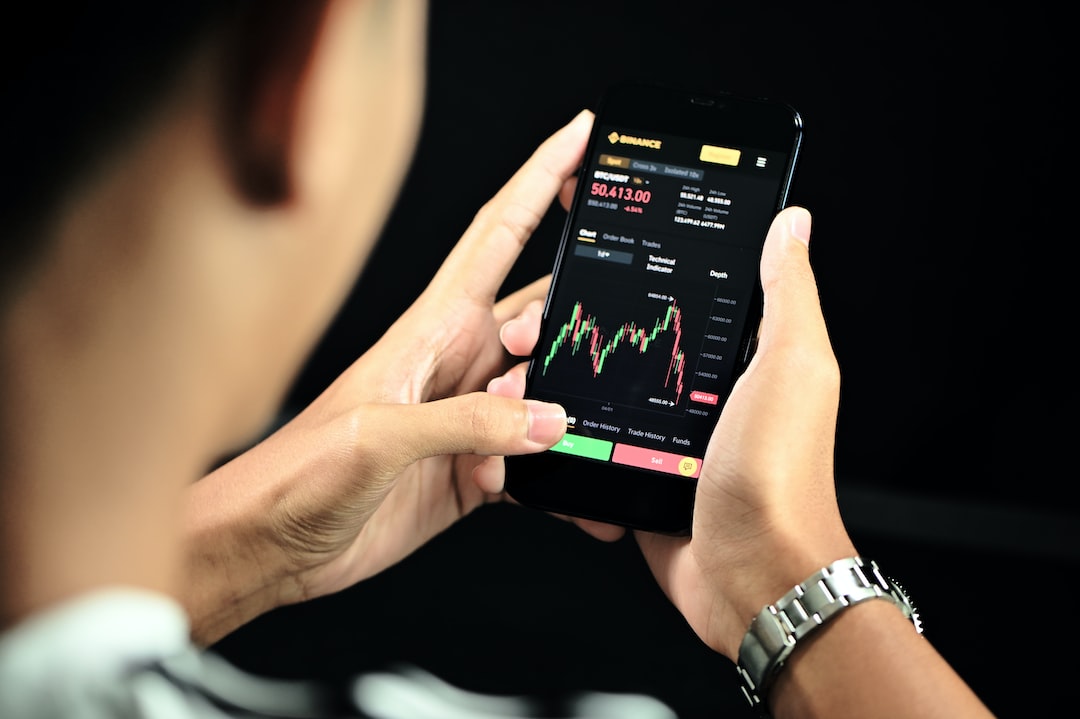Chainlink Faces Criticism for Changing Security Measures of its Multisig Wallet
Chainlink, a decentralized oracle network, has been criticized for modifying the security measures of its multi-signature (multisig) wallet. Users, including crypto researcher Chris Blec, have expressed concerns over Chainlink discreetly reducing the number of required signatures from a 4-of-9 configuration to 4-of-8. The 4-of-8 multisig configuration is a security protocol that mandates at least four out of eight signers to approve a transaction.
Blec highlighted a message from an anonymous user on X (formerly Twitter), revealing that a wallet address had been silently removed from Chainlink’s multisig wallet without any official communication from the company. Another anonymous user suggested that Chainlink’s lack of transparency may be an intentional move to avoid regulatory issues with the SEC.
Chainlink Community Ambassador Clarifies the Change
In response to the concerns raised by the crypto community, a Chainlink community ambassador addressed the issue on X, explaining that the update was part of their routine signer rotation process aimed at ensuring the reliable functioning of Chainlink services.
Blec has previously warned about the centralization risk in Chainlink and its potential impact on other major decentralized finance (defi) projects like Aave and MakerDAO, which rely on Chainlink’s oracles for accurate price data.
Chainlink’s Native Token Performs Well Despite Controversy
Despite the controversy surrounding the security measure change, Chainlink’s native token LINK has shown positive performance in the market. According to CoinMarketCap data, the token has gained nearly 20% over the past month and was trading at $7.27 at press time, reflecting an 8.51% increase in value over the previous week.
Source: Crypto News
Hot Take: Chainlink Faces Backlash for Altering Multisig Wallet Security
Chainlink, a decentralized oracle network, has faced criticism for making changes to the security measures of its multi-signature (multisig) wallet without proper communication. The reduction in the required number of signatures from 4-of-9 to 4-of-8 raised concerns among users about potential centralization and regulatory issues. While Chainlink’s community ambassador clarified that the change was part of a routine process, critics like Chris Blec argue that the centralization risk affects other major decentralized finance projects relying on Chainlink’s oracles. Despite the controversy, Chainlink’s native token, LINK, has performed well in the market, showing positive growth over the past month. However, the incident highlights the importance of transparency and effective communication in maintaining trust within the crypto community.





 By
By
 By
By
 By
By
 By
By
 By
By
 By
By